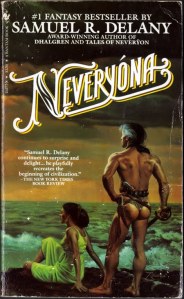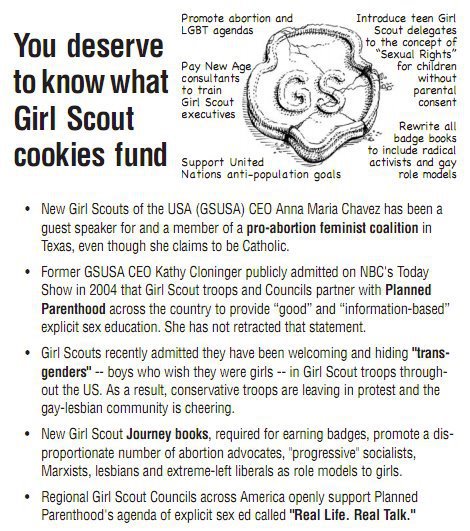I don’t consider myself a fangirl. I might be ok with someone jokingly referring to me as an Aragorn fangirl, for example, but it’s not a label I identify with at all. Partly, this is because of the stigma associated with the word fangirl. While “fanboy” is certainly used derisively now and again, it is also a word with a sense of pride attached to it. (For example, the name of the comics website iFanboy.) Generally speaking, fanboys are super into geeky things to the point of obsession, while fangirls, on the other hand, are super into geeky men to the point of obsession.
WARNING: The following post contains anecdotal evidence.
I was talking to someone at work about various comics related things. I laughingly told him about how the new Gambit series’ writer has said that Gambit’s sex appeal isn’t going anywhere. Later, when I was trying to refute his friend’s anti-Gambit arguments, I ended with, “and he’s a dreamboat.” (Again, a joke. Not that there’s anything wrong with crushin’ on Gambit, but I don’t really think of Gambit like that. Gambit and I are just friends.)
My co-worker smiled at me, and made the kind of face that usually greets comments like that. A face I’m not sure how to describe. It’s a little smug, a little condescending, and weirdly knowing. He said, “Ok, so you don’t have any real arguments.” (I won’t object to that comment, because I was mostly goofing around by suggesting that Gambit’s sex appeal makes him a better character. However, it does make me wonder what happens in conversations between two men, where one man argues a superheroine is better than another partly based on her superior hotness.)
Last week, this same co-worker was gushing over Catwoman as played by Eartha Kitt and Michelle Pfeiffer. While I didn’t really have anything to add to his comments (Catwoman and I are also just friends), my reaction wasn’t a vaguely condescending laugh and a comment that suggested: oh how silly, you find this person attractive. It’s not that I really think he no longer views me as a comics fan (although some men would), it’s just that my comment was completely blown off. Talking about whether or not Gambit is sexy is not up for discussion.
Is my co-worker a meanie-pants sexist jerk? No. But his reaction to me (even jokingly) referring to a male comics character as attractive is pretty much the reaction I always get from men if I call attention to the dreamboat qualities of male characters.
This wouldn’t be a problem if that’s how men talking about female characters were greeted. But men are always talking about how hot female characters are, without women feeling the need to condescendingly nod at them and act as though it’s sorta funny that a female character might be thought of as attractive. Women put up with a lot of talk about who the hottest female characters are.
The issue with this reaction can be highlighted through the difference between the terms fangirl and fanboy.
Fangirl is often used derisively, to denote that a woman or girl only likes Geeky Thing because of a male character. This is often used to devalue said woman or girl’s genuine appreciation of Geeky Thing.
Take the first Urban Dictionary entry for each word:
Fanboy: A passionate fan of various elements of geek culture (e.g. sci-fi, comics, Star Wars, video games, anime, hobbits, Magic: the Gathering, etc.), but who lets his passion override social graces.
Fangirl: A rabid breed of human female who is obesessed with either a fictional character or an actor. Similar to the breed of fanboy. Fangirls congregate at anime conventions and livejournal. Have been known to glomp, grope, and tackle when encountering said obesessions.
While fanboy is sometimes used derisively too, among the geek community it also denotes a source of pride. In this way, a fanboy is the opposite of a fangirl: his obssession, rather than devaluing his appreciation, actually increases it. Being a fanboy proves your stature in the geeky community, while being a fangirl demotes it.
It’s for this reason that often women don’t like sharing in mixed company the male characters they think are dreamboats. Men usually tease us when we do. This reflects a larger societal issue of making light of female desire. Much of the negative hoopla surrounding Magic Mike revolves around society’s disinterest in the female gaze and female sexual agency. It’s ok for men to gawk at female strippers, but women gawking at male strippers is silly and up for laughs. Female sexuality is funny and shameful, unless men are calling the shots.
Dismissing conversation about attractive male characters also partly stems from the homophobia inherent in much of society and geek culture alike. Men, to some degree, don’t want to seem gay by discussing the attributes of a man, while women usually feel less inhibited adding to the reasons why Hot Female Character is attractive. Of course, that also relates to the way that it is normal to fetishize the female body, but not as normal to do so to the male body. Women are also (generally) more comfortable describing a woman’s looks because judging women’s appearances is pretty normal for both sexes.
So what does all this mean? It relates to my previous point about the geek community and society’s values. We can’t pretend like we’re better than normal folk if it means we partake in the same negative behavior as the rest of society. I don’t want men to stop feeling comfortable being attracted to female characters and talking about it. What I do want is for that same privilege to be granted to female geeks. I want women to be able to feel comfortable talking about their fictitious crushes in mixed company. I want gay geeks to be able to discuss their same-sex fictitious crushes without scorn. And I want fangirl to stop being a dirty word.
The geek community, like the rest of society, needs to embrace a more whole vision of human sexuality. And as with fat-shaming and racism, it is up to geeks to lead the way: otherwise all our self-important superiority about being fringe members of society is completely worthless.
-Joanna







